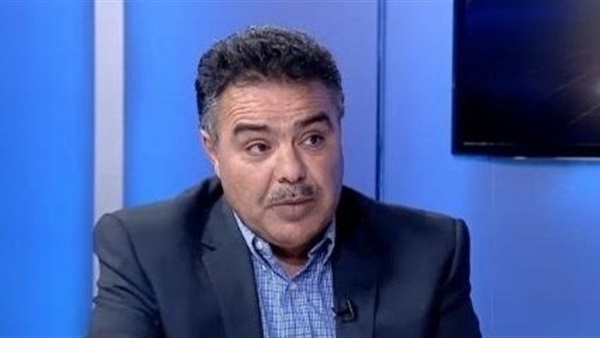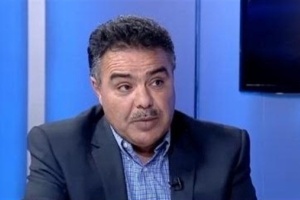By Abdullah Al-Kabir, a Libyan writer
The return of past ghosts from election gate

The December election fever continue with the candidacy of Khalifa Haftar, with all his criminal record, and Saif Gaddafi, who is wanted by the local and international judiciary, for the presidency in Libya, and then came a third, with the candidacy of Aqila Saleh, the Speaker of the House of Representatives (HoR), he is the one who granted Haftar ranks, titles, and legitimacy to commit his horrific crimes, before the people adopted the constitution and decided the type of state they preferred, and the system of its powers. Is it a presidential or parliamentary republic or will it be a monarchy? Will it adopt the federal system or will it remain centralized? Where do the powers of the president end and the powers of HoR and the government begin? There is no constitutional basis for the authority to be formed by elections. This confirms that the elections, especially the presidential elections, are no longer a purely Libyan affair, but rather an international goal that achieves the interests of several countries whose interests intersect and conflict with Libya.
Saif did not find any legal impediment to prevent him from running in the presidential elections, according to the law enacted by Aqila Saleh, with detailed conditions that fits him and Haftar, leaving the door open for their return to their previous positions in the event of failure, and excluding a strong candidate, their chances of winning diminish with his presence and he is the Prime Minister of the Government of National Unity, Abdul Hamid Dbeibah. Aqila deliberately did not include a term in the conditions of candidacy that prevents the wanted person from running for elections, because Haftar is wanted by the judiciary with an arrest warrant issued by the Public Prosecutor after his televised coup in February 2014. But things sometimes go in unexpected paths, and they were not planned or taken into account. Candidates will be presented to all Libyan legislation that are related to civil rights, not only to the terms of the Aqila presidential elections law, then the scope of the conditions expands and extends to the fields that Aqila and his group of MPs sought to avoid, until the competitors’ chances are reduced or they are eliminated, and the presidency comes to be obedient to him or his staunch ally Haftar.
The election fever and the controversy over all its details will continue to escalate as we get closer to its date, there is no complete certainty that the path is actually moving towards its implementation, the circle of objections to its laws is widening, and the rejection of the candidacy of Haftar and Saif Gaddafi is a fixed position in the west of the country, to the point of threatening to close the polling stations, and there are no guarantees that the Ministry of Interior will be able to implement its plan to secure all polling stations, in Haftar's security regime remained in control of the east of the country. Hence, all possibilities, including postponement, are available despite the international insistence on implementing it, without ignoring the risks of this postponement, which some local and regional parties are seeking, for the current fragile stability.
Regardless of the expected political developments in the midst of this shift in power, and the expected and unexpected changes in the map of alliances between the enemies and friends of yesterday, the return of the ghosts of the past does not at all indicate a setback or retreat of the revolution, and that change is around the corner from its abort, and the return of the old regime with its rules, pillars, and alliances through the natural heir Saif Gaddafi or the hybrid Haftar. This moment is not different from the struggle that preceded it between the forces of revolution and change and the forces that oppose it, but rather it is the natural extension of it. This is the essence of the conflict, no matter how different the masks behind which the remnants of the former regime and Haftar hid their faces, to jump on power and resume rule with the tools and rules of dictatorship.
The most eloquent description of this moment in which the collapsed regime returns through the specter of Gaddafi, seeking to restore his power, is the saying of the Italian philosopher Gramsci. “Old is dying and new is born.” Undoubtedly, the dying will be prolonged and childbirth will be difficult. But the death of the old is inevitably coming, and the new must be born after all this labor, pain and blood, the moment of change emerged a decade ago, and the struggle is continuing towards its affirmation and dedication, despite all the obstacles and conspiracy. After inhaling the air of freedom, peoples will not return to the stench of tyranny. The shining proof is that the Arab peoples in Syria, Tunisia and Sudan did not surrender, and the continuation of their struggle by all means until the remnants of the dark past regimes were forced to submit and surrender to the will of the people to see the future. The Libyan people will not be an exception. Rather, they may be the closest to achieving the desired change and implementing their will to liberate and establish the state for which generations have struggled for more than half a century.
Disclaimer: The views and opinions expressed in this article are those of the writer, and do not necessarily reflect those of the Libya Observer


